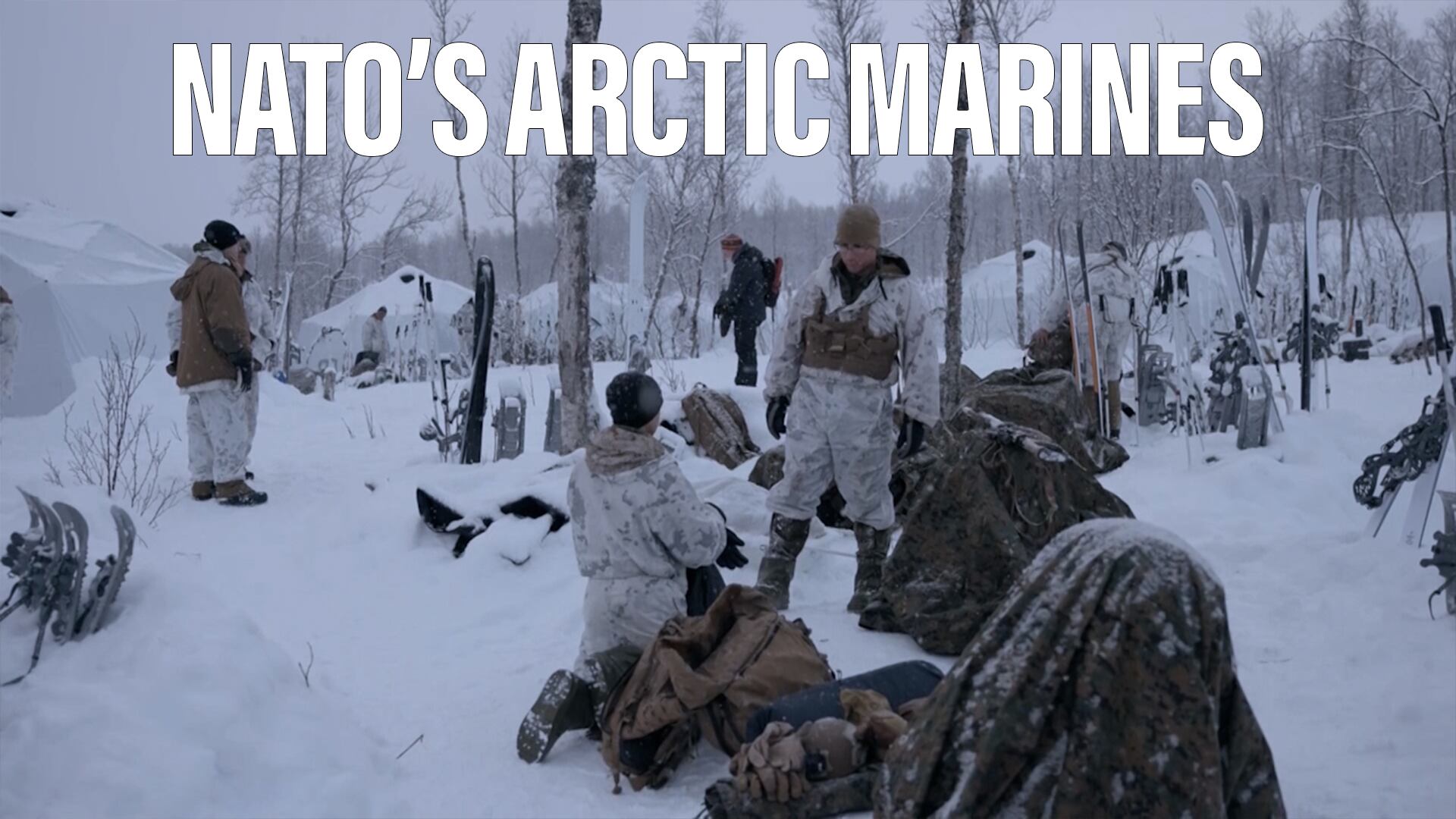Senior Iranian government officials are convinced US President-elect Donald Trump will not walk away from the US end of the nuclear deal with Iran, instead opting for pragmatism and business deals, an analyst has claimed.
Nicola Pedde, an Iran expert at Italy’s Institute for Global Studies, was one of a handful of non-Iranians invited to Iran’s first Tehran Security Conference on Dec. 11, which saw the country's parliament
speaker, defense minister and foreign minister speak, among other leaders.
Now back in Rome, Pedde told Defense News that Parliament Speaker Ali Larijani and Foreign Minister Mohammad Javad Zarif stood out for their optimism about Trump.
"They think Trump will be pragmatic, they have no fear about a U-turn on the nuclear deal and believe he will be keen on business with Iran," he said. "Larijani said Trump had been demonized."
In the run-up to his election as US president, Trump threatened to "rip to shreds" the nuclear deal, calling it "the worst deal ever negotiated".
Pedde said that the Iranians, however, were betting on Trump sticking to the deal — if he could ignore hawkish colleagues.
"They say their fear is that hawks in the US administration will try to provoke Iran, and they claim the most important thing will be to not respond," he said.
Defence Minister Hossein Dehghan told the conference that if "enemies" did start a war against Iran, Israel and the Gulf states would be "destroyed," reported an Iranian news agency

An Iranian man holds a local newspaper displaying a portrait of Donald Trump a day after his election as the new US president, in the capital Tehran, on Nov. 10, 2016. Iran's President Hassan Rouhani said on Nov. 9 there was "no possibility" of its nuclear deal with world powers being overturned by Trump despite his threat to rip it up.
Pedde described the conference as a first-time insight into the thinking of Iranian top brass. "Security has been a taboo until now, and the conference, with foreigners present, was the first of its kind," he said.
A key purpose of the conference, he said, was to send a message to Saudi Arabia to start dialogue over regional conflicts in which the two countries are on opposing sides, including Syria and Yemen.
"The Iranians want the Saudis to reopen a channel for negotiations in the belief there are no military solutions to these problems," he said. "At the conference, Saudi Arabia was deemed the threat, more than
Israel."
Despite the wish for rapprochement with Saudi Arabia, speakers claimed that Iran now envisages a regional "security" zone, extending out to and including the Red Sea, in which Iran says it has a license to act to enforce security.
"That’s new," said Pedde, "and it could lead to a greater Iranian presence in the Indian Ocean."
Tom Kington is the Italy correspondent for Defense News.








